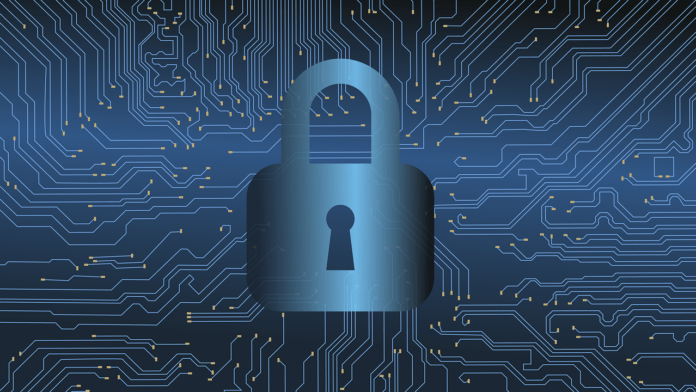Personal data protection is no longer just a legal obligation, but a responsibility for every organization. If you’re wondering how to safeguard the valuable personal data your company holds, you’re in good company. This article will guide you through practical, effective ways to protect data and instill confidence in your clients and stakeholders.
Use The Cloud
Utilizing the cloud for data storage significantly enhances data protection. As the people behind https://www.gotomyerp.com/govcloud-hosting/ explain, it offers numerous security features such as encryption, two-factor authentication, and access controls, that are compliant with the law. This will help ensure your stored data is secure from unauthorized cyber-attacks. Furthermore, it allows for regular, automated data backups, preventing data loss in case of system failures or cyber-attacks.
Unlike traditional data storage methods, cloud storage providers frequently update their security protocols to combat emerging threats, offering a more resilient protection system. By storing your personal data in the cloud, you are entrusting it to advanced security measures, thus safeguarding it from potential breaches and providing peace of mind to your clients and stakeholders.
Conduct A Data Audit
A data audit basically involves reviewing all the data your organization holds and understanding how it’s used and protected. It’s akin to taking a comprehensive inventory of your data, identifying what data you have, where it’s stored, who has access, and how it’s safeguarded. This process offers valuable insights into any potential vulnerabilities in your data storage and protection methods. By identifying these weak points, you can implement appropriate measures to strengthen your data security.
Moreover, the audit helps ensure that your data storage practices are compliant with data protection laws and regulations. This not only protects the data but also your organization from potential legal and financial repercussions. Lastly, a regularly conducted data audit demonstrates your commitment to data protection, instilling greater confidence in your clients and stakeholders.
Implement Strong Access Controls
There are many different ways to control access to the information you have stored, and the right combination will make sure no one unwanted can ever enter. Here are some proven and functional methods:
- role-based access control
- strong authentication
- password policies
- account lockout
- session management
- data encryption
- privileged access management
- audit logs
- network segmentation
- data classification
- secure file transfer
- regular access reviews
- mobile device management
- physical access controls
Implementing strong access controls helps safeguard stored personal information by limiting who has the authorization to view, modify, or distribute it. This is done by enforcing stringent authentication mechanisms and access rights, which prevent unauthorized access, minimize data leakage, and ultimately enhance the security of sensitive personal data.
Regularly Update Security Measures
As cyber threats evolve, outdated security systems may not adequately defend against new methods of attack. By keeping security measures up-to-date, you ensure that your systems are equipped with the latest defense mechanisms, mitigating the risk of data breaches.
Additionally, regular updates can address any identified vulnerabilities in the current systems, further strengthening your data protection. This proactive approach not only safeguards the personal information in your possession but also enhances the trust and confidence of your stakeholders, reinforcing your reputation as a responsible and reliable custodian of their data.
Train Your Employees
Training your employees is a critical component in the protection of personal data. Regular sessions ensure your team understands the importance of data privacy, the potential risks associated with data breaches, and their role in preventing these. Employees learn to identify and respond effectively to threats such as phishing attempts, malware, and unauthorized access.
Moreover, they’re informed about the legal and organizational consequences of non-compliance with data protection laws. By fostering a culture of data protection awareness, you empower your employees to act as the first line of defense in safeguarding stored personal information, thus significantly reducing the risk of data breaches.
Develop A Disaster Recovery Plan
Creating a disaster recovery plan is paramount in protecting stored personal information. This stipulates the processes to be implemented in case of a data breach or loss scenario, ensuring a swift and effective response. It helps in minimizing the impact of a disaster, reducing downtime and potential damage to your reputation. The plan includes regular data backups, which are essential in restoring lost information.
Furthermore, it outlines communication strategies to notify stakeholders, thus maintaining transparency during crisis management. Not only does a well-crafted disaster recovery plan protect personal data, but it also reinstates stakeholder confidence in your organization’s commitment to data security. It’s an integral part of a comprehensive data protection strategy that offers resilience against unforeseen disasters.
Remember, safeguarding personal information is not just a legal obligation, but a critical aspect of business ethics. By taking the steps outlined above, you’ll be well on your way to creating a secure environment for data, boosting the confidence of your stakeholders, and fortifying your organization’s reputation. Data security is a journey, not a destination, and it starts with you.


